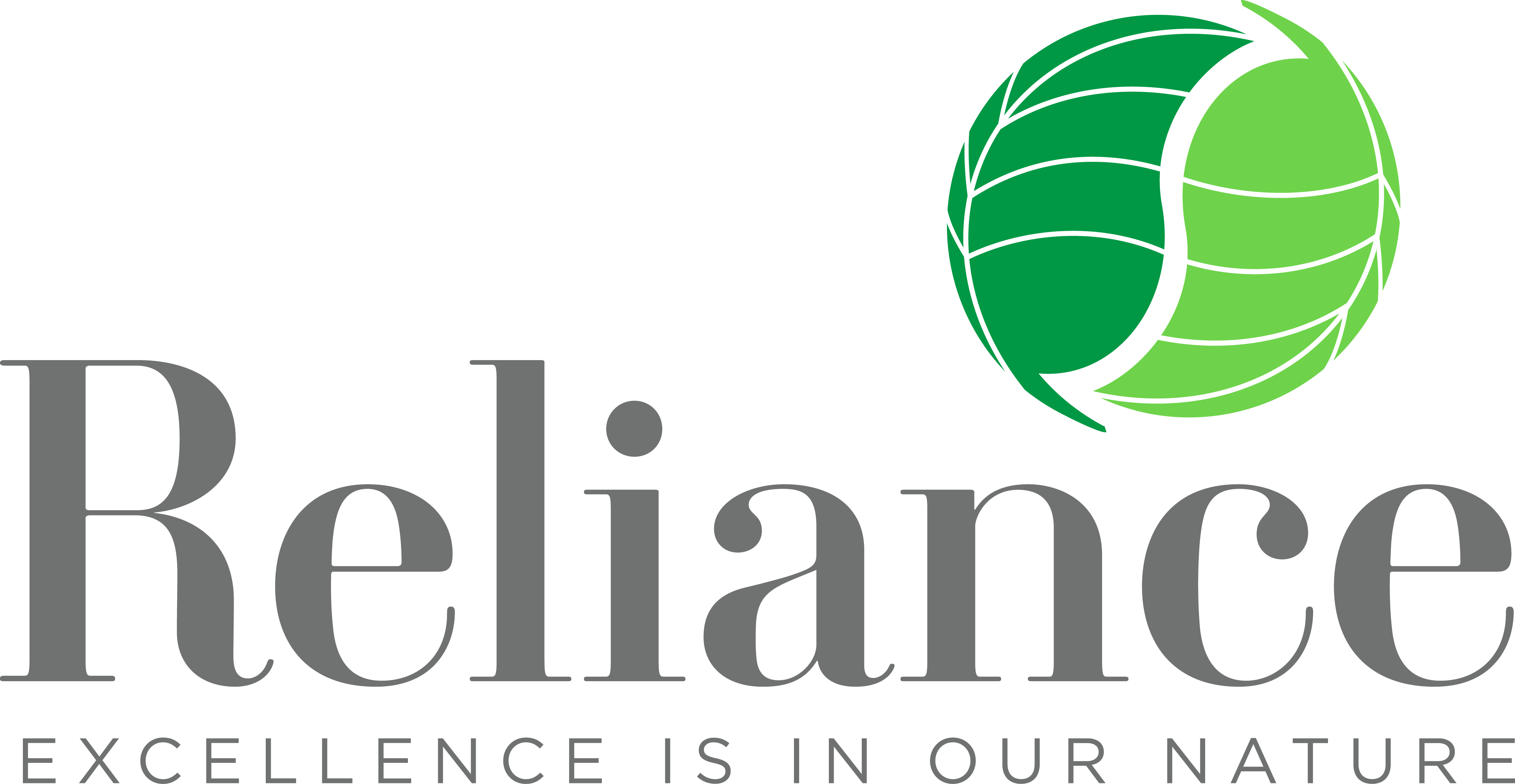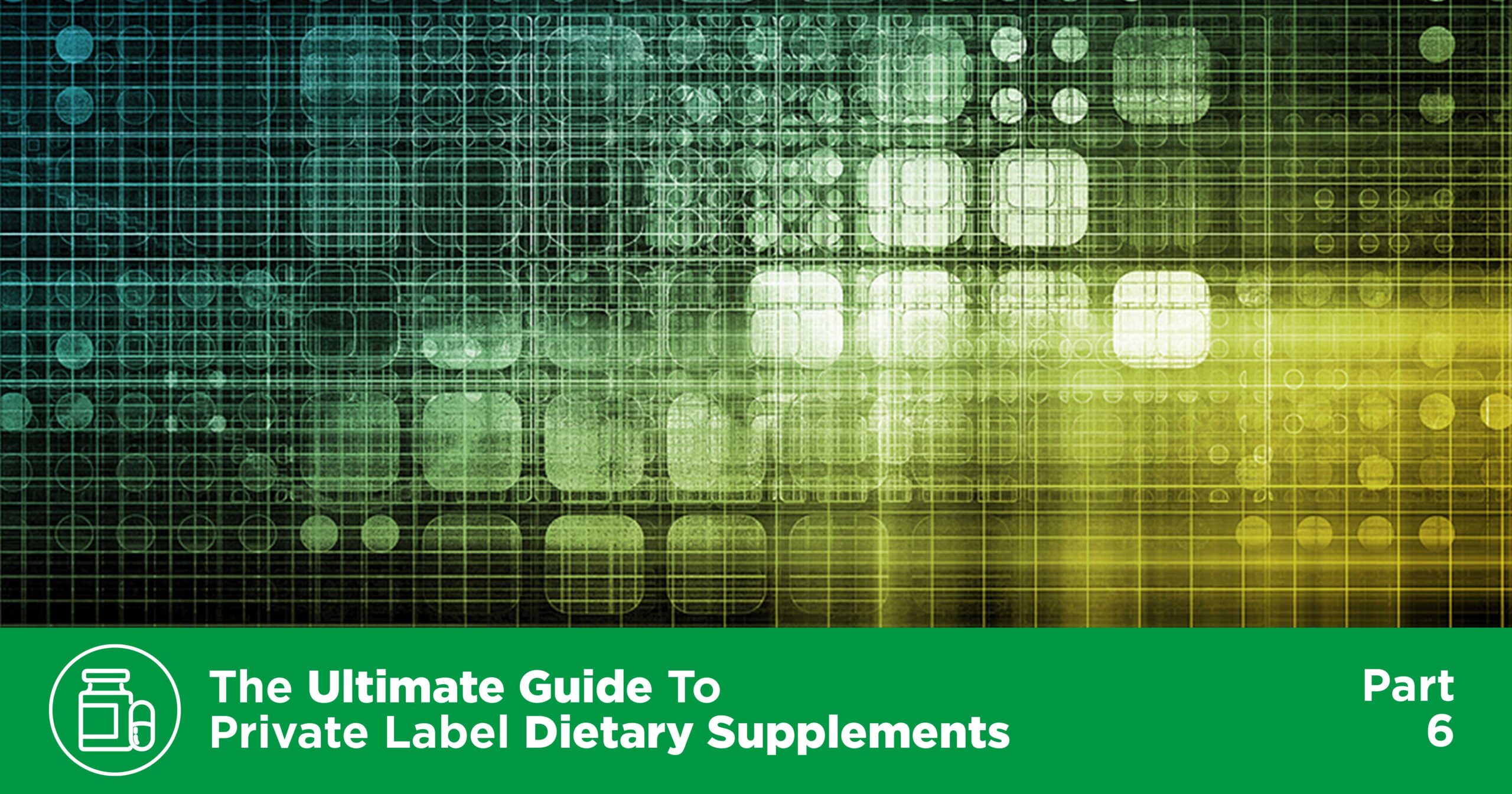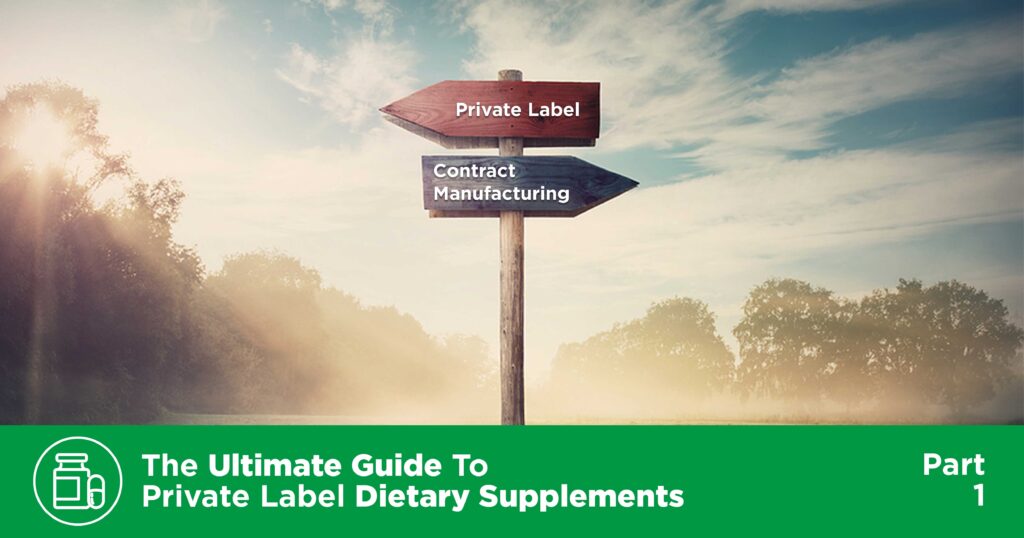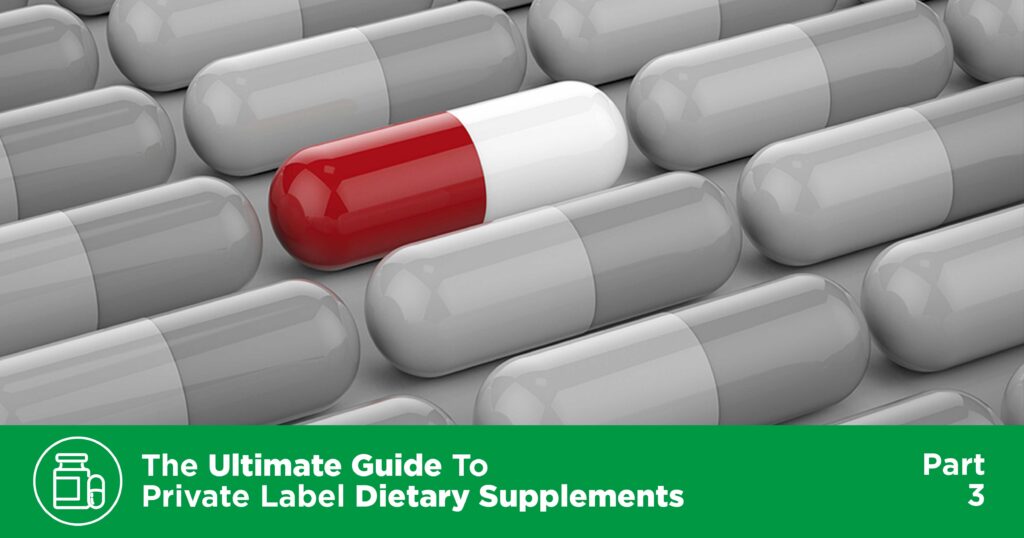This is part of our Ultimate Guide to Private Label Dietary Supplements, a complete overview of the key advantages of utilizing a private label program, the differences between private label and contract manufacturing, the biggest risks new brands might face, and the top 10 factors you should consider when choosing your private label supplement manufacturer.
There are many steps involved in the successful manufacturing of private label dietary supplements; especially when dealing with whole food, organic, or probiotic products.
In a previous blog post, we discussed how private label programs are optimized for speed and value. The most influential factors in making this statement true are the ability to produce large amounts of pre-certified, pre-packaged products for private label customers to pull from as ordered.
In order for this program to work effectively for both smaller and larger customers, however, sometimes the manufacturer will choose to work closely with each customer to plan their orders. This can provide some key advantages for the brand.
Why Scheduling Makes Sense
Placing orders that can be pulled from available inventory is certainly the quickest way to get a product to market. Often the turn-around time for orders like these is just a few days, especially with small-batch orders. Sometimes, however, the orders are too large – or too frequent – to be pulled from available inventory. Trying to meet the needs of hundreds (or thousands) of brands means that inventory needs to be carefully allocated, so as not to run out. This is where planning comes in.
- Planning for larger orders means that nobody gets shorted. It’s possible that giving 1,500 units of one product to one customer would mean that 20 others won’t be able to get any. It is also possible that there might not be 1,500 units available in-stock, so that the customer wouldn’t get what they need. Working with the sales rep to schedule this order into a planned run would allow for the customer to get their 1,500 units without overly draining the existing inventory, so other customers can also get what they need, when they need it.
- Planning ahead for an order will ensure the product has good expiration dates. If 500 units are desired, it would be ideal to know that those 500 units are fresh and carry a healthy expiration date. Production scheduling them is an effective way to make sure they haven’t been sitting around the warehouse prior to being delivered to the customer.
- The ability to schedule orders into a run provides much-needed flexibility for the program and its customers. Private label stock products are produced on a regular schedule in order to make sure inventory is always available based on forecasts for demand. Many customers have a regular sales pipeline that requires a certain number of products to be delivered each month. By planning for those needs ahead of time, the private label manufacturer can add those orders into a production run that is already on the schedule.
Summary
Although one of the biggest benefits of a private label program is speed-to-market with the option of placing smaller orders, scheduling larger private label orders and pre-planning for future orders can save time in production, guarantee a healthy expiration date for the product, and avoid an out-of-stock situation for everybody.





